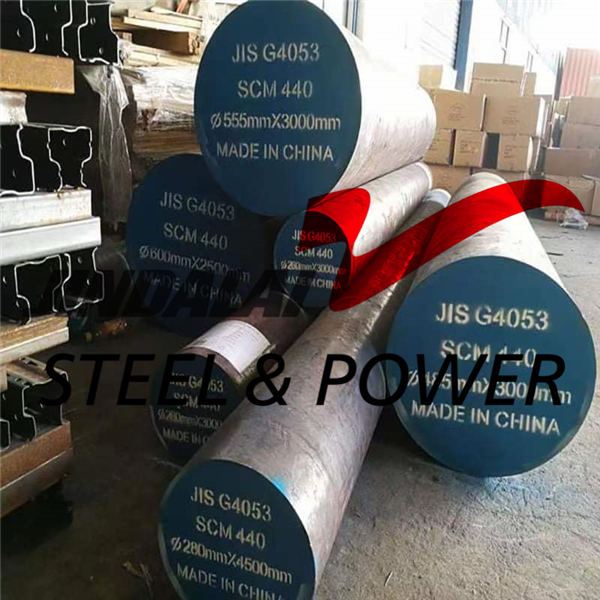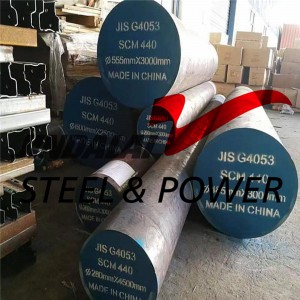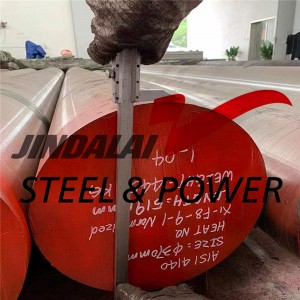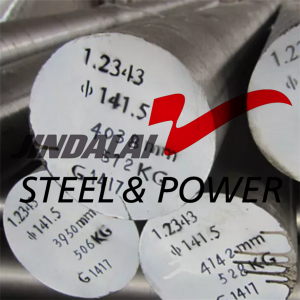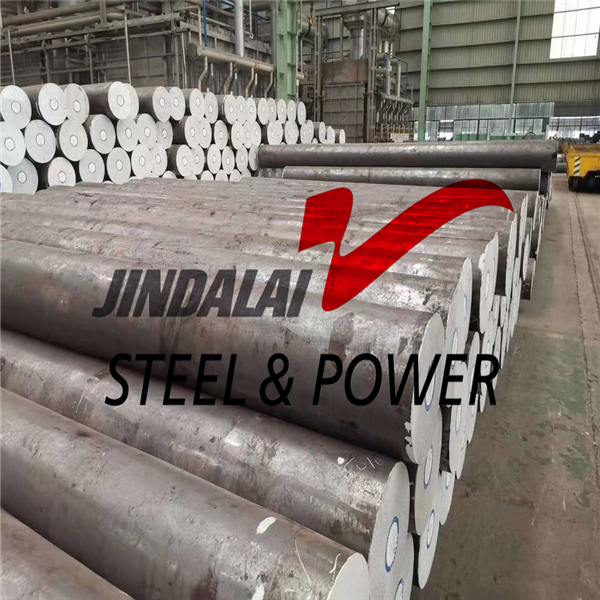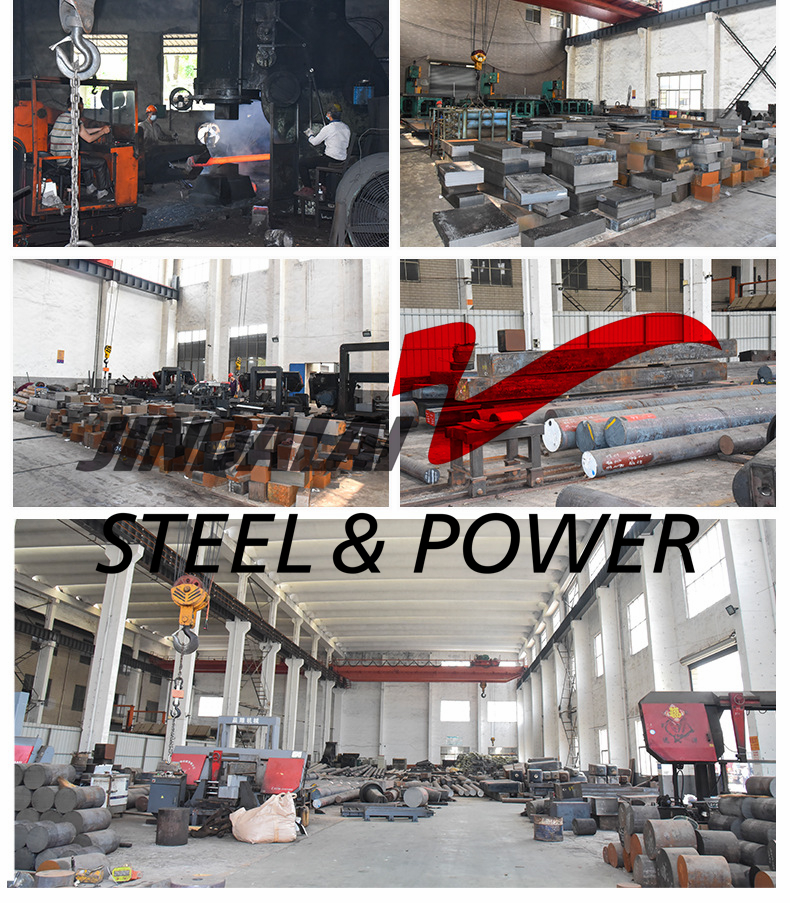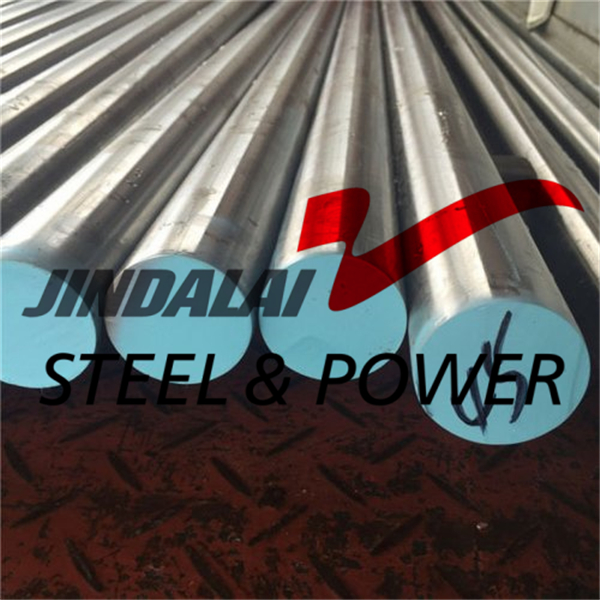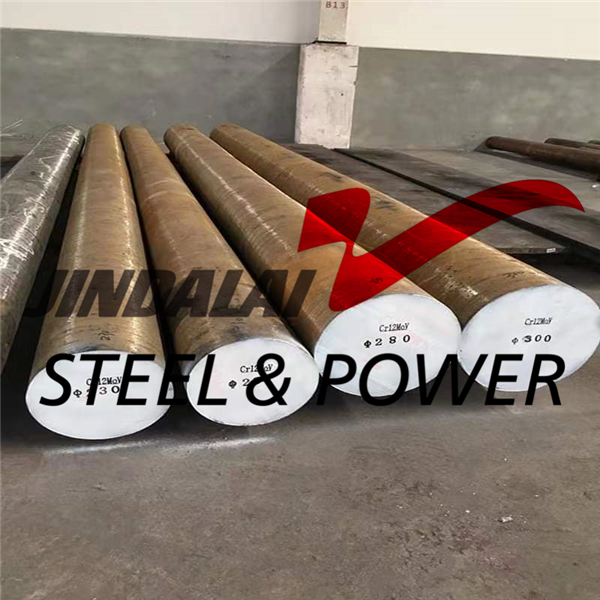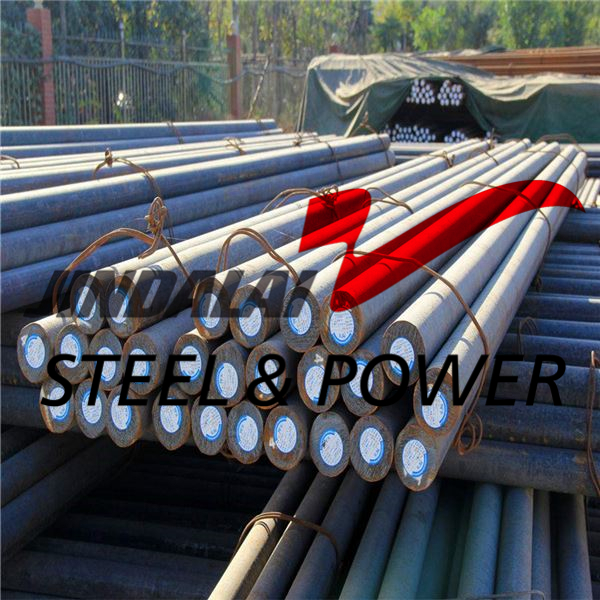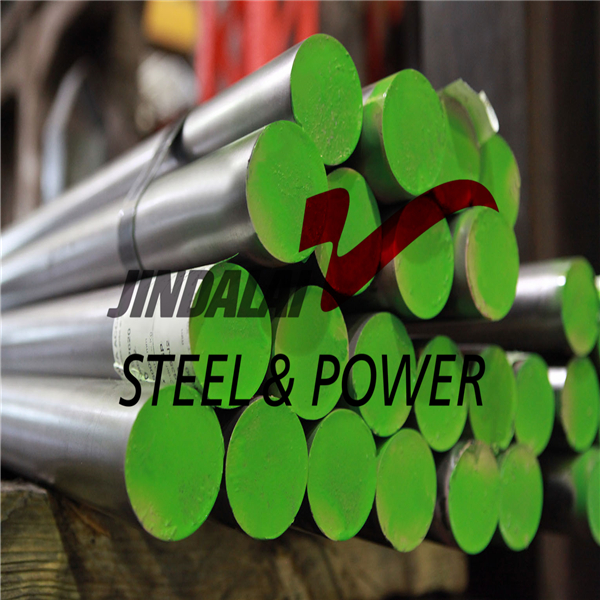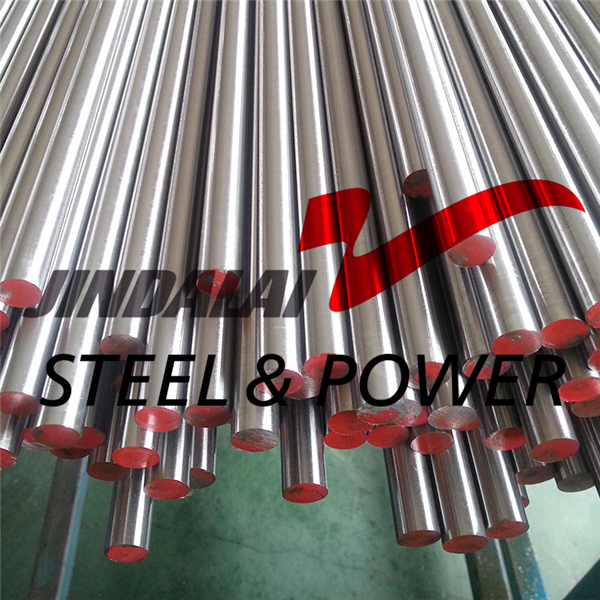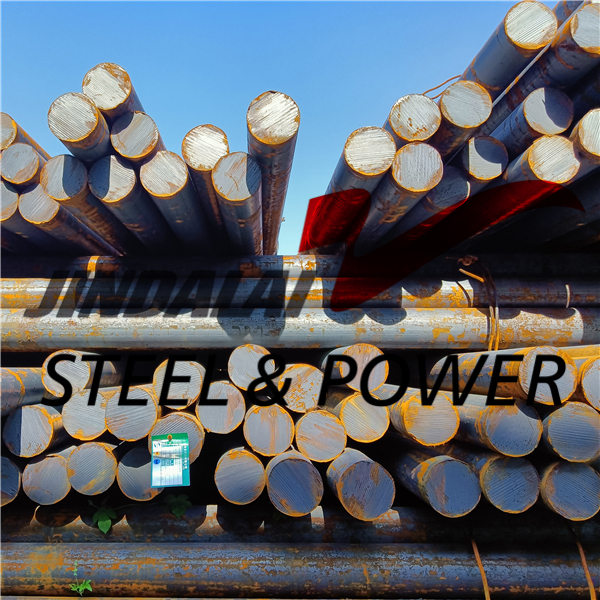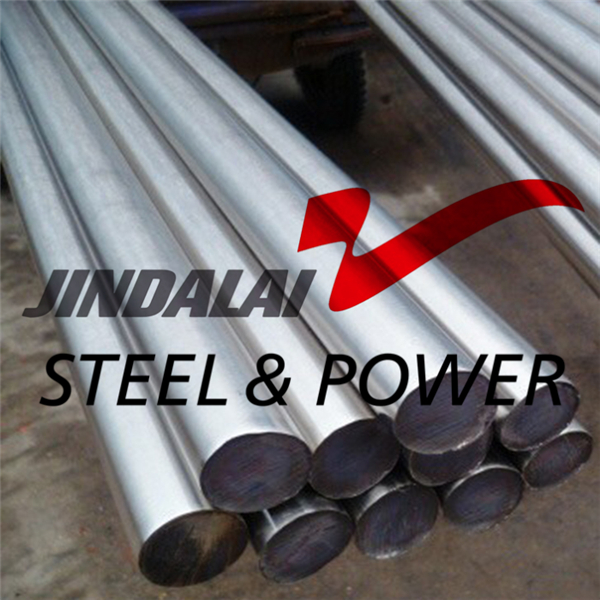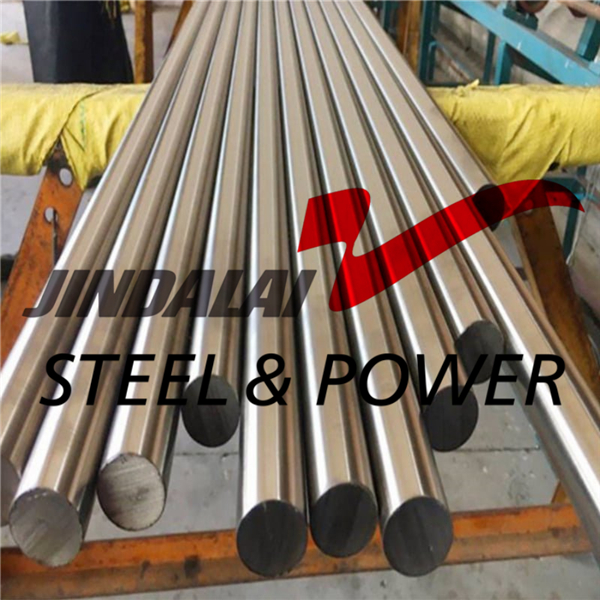Overview of alloy steel
Alloy steel can be divided into: alloy structural steel, which is used to manufacture mechanical parts and engineering structures; Alloy tool steel, which is used to make various tools; Special performance steel, which has some special physical and chemical properties. According to the different classification of the total content of alloy elements, it can be divided into: low alloy steel, with the total content of alloy elements less than 5%; (Medium) alloy steel, the total content of alloy elements is 5-10%; High alloy steel, the total content of alloy elements is more than 10%. The alloy steel is mainly used in the occasions requiring wear resistance, corrosion resistance, high temperature resistance, low temperature resistance and non magnetism.
Specification of alloy steel
| product name | High Alloy Steel Bars |
| Outer diameter | 10-500mm |
| Length | 1000-6000m or according to customers’ needs |
| Stangdard | AISI,ASTM,GB,DIN,BS,JIS |
| Grade | 12Cr1MoV 15CrMo 30CrMo 40CrMo 20SiMn 12Cr1MoVG 15CrMoG 42CrMo, 20G |
| Inspection | manual ultrasopic inspection,surface inspection,hydraulic testing |
| Technique | Hot Rolled |
| Packing | Standard bundle package Beveled end or as required |
| Surface Treatment | Black Painted, PE Coated, Galvanized,Peeled or Customized |
| Certificate | ISO,CE |
Types of steel
l High Tensile Strength Steels
For applications requiring higher tensile strengths and toughness than the carbon steels there is a range of low alloy steels. These are categorised as high tensile or constructional steels and case hardening steels. The high tensile strength steels have sufficient alloying additions enabling through hardening (by quench and temper treatment) according to their alloying additions.
l Case Hardening (carburising) Steels
Case hardening steels are a group of low carbon steels in which a high hardness surface zone (hence the term case hardened) is developed during heat treatment by absorption and diffusion of carbon. The high hardness zone is supported by the unaffected underlying core zone, which is lower hardness and higher toughness.
Plain carbon steels that can be used for case hardening are restricted. Where plain carbon steels are used, the rapid quenching necessary to develop satisfactory hardness within the case can cause distortion and the strength that can be developed in the core is very limited. Alloy case hardening steels allow the flexibility of slower quenching methods to minimise distortion and high core strengths can be developed.
l Nitriding Steels
Nitriding steels can have higher surface hardness developed by absorption of nitrogen, when exposed to a nitriding atmosphere at temperatures in the range of 510-530°C, after hardening and tempering.
High tensile steels suitable for nitriding are: 4130, 4140, 4150 & 4340.
-
4140 Alloy Steel Bar
-
4340 Alloy Steel Bars
-
Steel Round Bar/Steel Rod
-
ASTM A182 Steel Round Bar
-
High Tensile Alloy Steel Bars
-
C45 Cold Drawn Steel Round Bar Factory
-
Free-Cutting Steel round Bar/hex bar
-
M7 High Speed Tool Steel Round Bar
-
A36 Hot Rolled Steel Round Bar
-
304/304L Stainless Steel Round Bar
-
ASTM 316 Stainless Steel Round Bar



